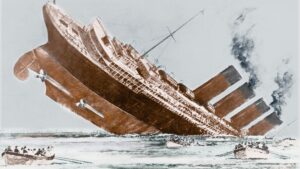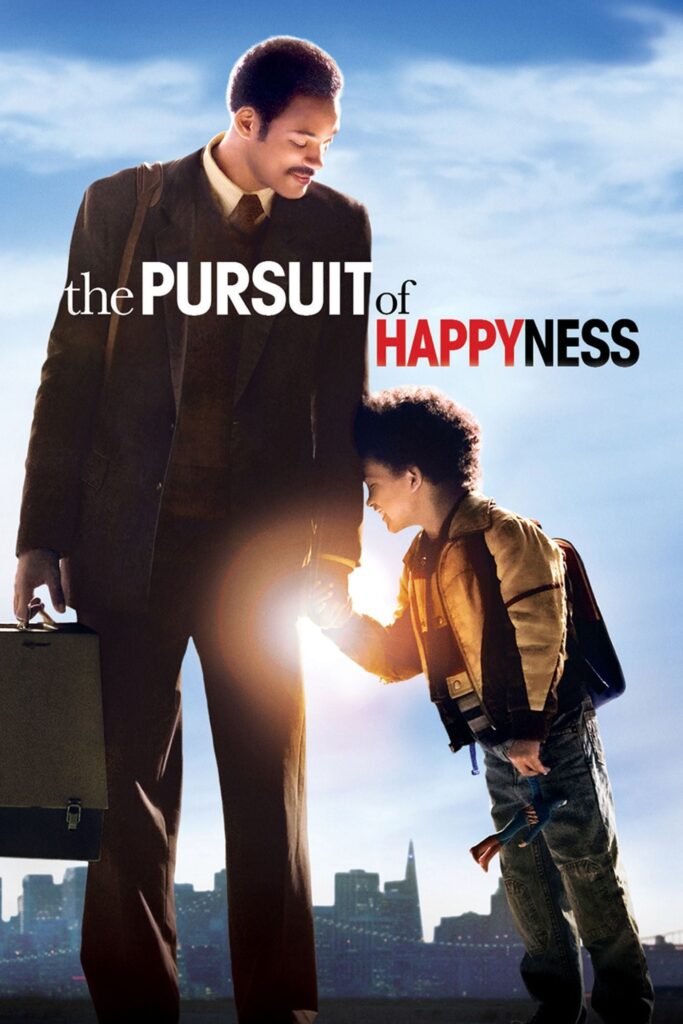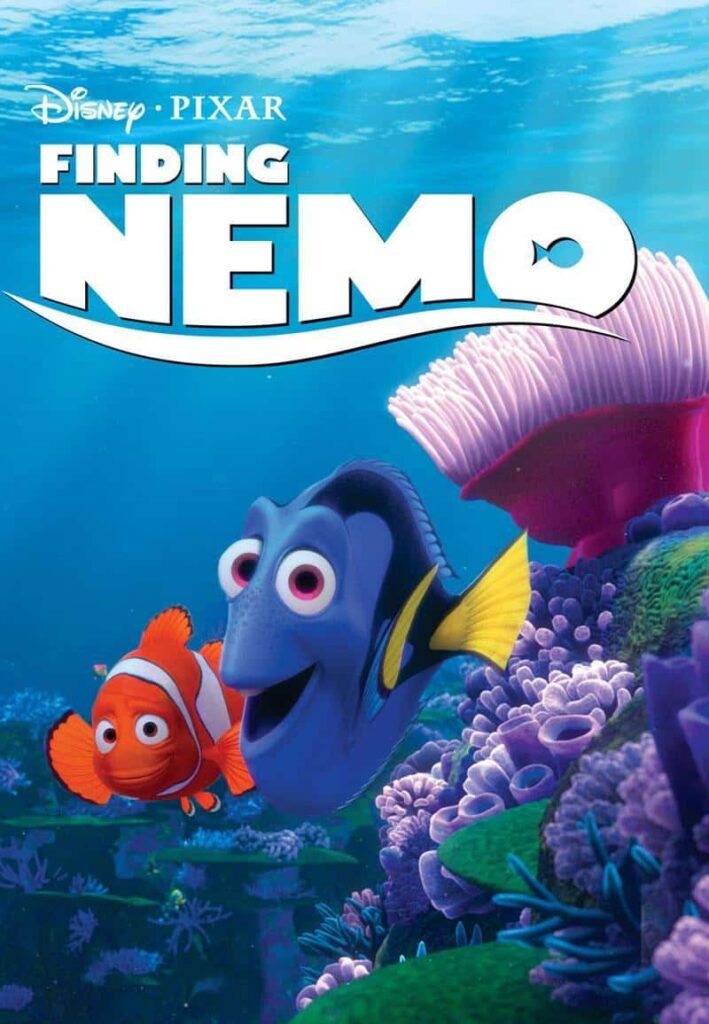
This is part of a series on three key personality traits of productivity. The first was agency. The second is responsibility.
In recent years, a few public figures have risen to popularity mostly by reminding us that personal responsibility exists. Many people, when they hear that message, find it to be a key that unlocks a lot of life satisfaction. Why the sudden change? Where does all the motivation and positivity actually come from?
You, and only you, are ultimately responsible for how happy you are.
—Rachel Hollis
Responsibility is not agency
Someone whose life is in a depressing rut hears the message “Clean your room, save your money, and work on your relationships,” and they change. On the surface, it looks like they’ve suddenly been injected with high agency, because it matches the pattern of “people shaking up their old routines and doing bold new things.” But responsibility is not the same thing as agency, because responsibility is fundamentally about blame and credit. It’s about where you point the finger when you’re analyzing what’s going right or wrong in a situation. A person with a strong sense of responsibility believes that they alone are “on the hook” for improving things (in their personal life, their profession, or whatever domain they’ve accepted responsibility for).

A high-agency person will try grand ambitious things, but they won’t necessarily accept the blame if they fail. A high-responsibility person will always take accountability for failure, but they don’t necessarily try grand ambitious things. They might be content with a quiet, routine life that they take full responsibility for maintaining.
Responsibility may cause agency
However, responsibility does seem to often go together with agency. It can act as a catalyst for big life changes. If you feel a strong sense of obligation over a particular outcome, you might be forced to think outside the box, looking at all your options to make it turn out right. People tend to work harder and more tenaciously when they have someone or something to take care of. If everything is chaos at work but you feel responsible for this product shipping on time, you’ll figure out a way to get it done. If your family is hungry, you’ll figure out a way to get money. High-agency actions can be powered by a sense of responsibility, which is a beautiful thing that our culture loves to celebrate.



Again, though, responsibility is a moral reality. It requires a moral framework—some sense in which “I’m not right with myself/God/the universe if I don’t try my absolute hardest to handle this situation.” And agency, by contrast, is amoral: with high agency you can help or harm, or do neither. It’s just a part of game theory; it can be noticed and examined without any moral framework.
How do I increase responsibility?
To have responsibility, you need to have some moral framework in which people in certain roles are obligated to respond to certain situations. Jordan Peterson got popular preaching an ethic of personal responsibility that’s rooted in a somewhat vague “Western traditional” moral framework, which a wide variety of listeners could accept. Maybe that’s your thing. Maybe it’s Catholicism, or humanism, or social justice, etc.
But the moral system needs to confer obligations. If you already subscribe to a moral code that doesn’t put a lot of personal responsibility onto you, you’re kind of stuck. Can a person change their own moral code? If you could change it at will, then isn’t the reason you changed it your real moral code, since that’s what you’re using to direct the arc of your life? These are big, difficult questions.
I don’t have an easy answer for how to increase personal responsibility from scratch, except perhaps to try listening to people who “preach” in that vein, and see if they resonate with you. It may be the case that your own moral system already compels you to be more responsible, and you just needed a “prophet,” like the Hebrew prophets of the Old Testament, to bluntly call you out for falling short.
Or, alternatively, you could go action-first: put yourself in situations where responsibility is commonly expected, and watch yourself rise to the occasion.
He saw the Lusitania in distress (What’d he do?)
He put the Lusitania on his chest (Big chest!)
Drank all the water in the sea
And he walked all the way to Italy
